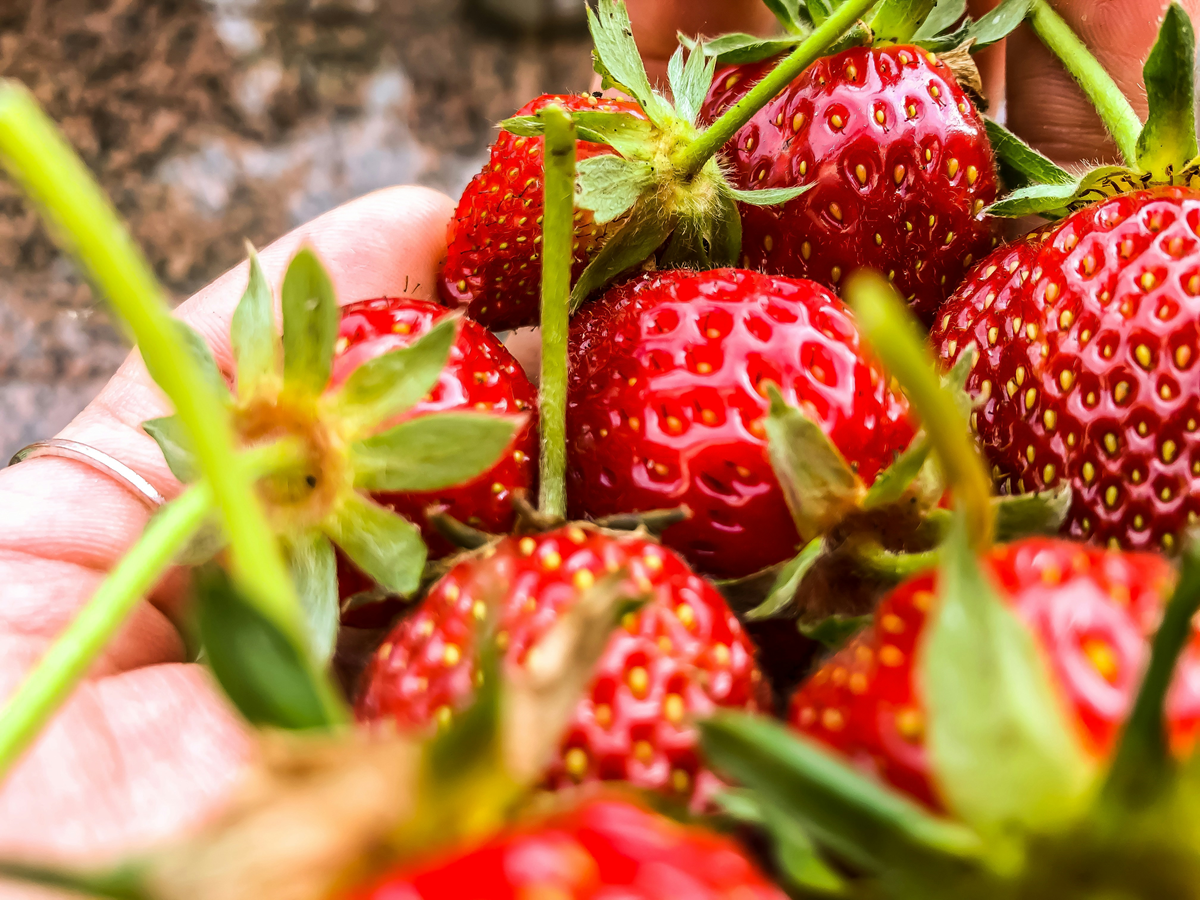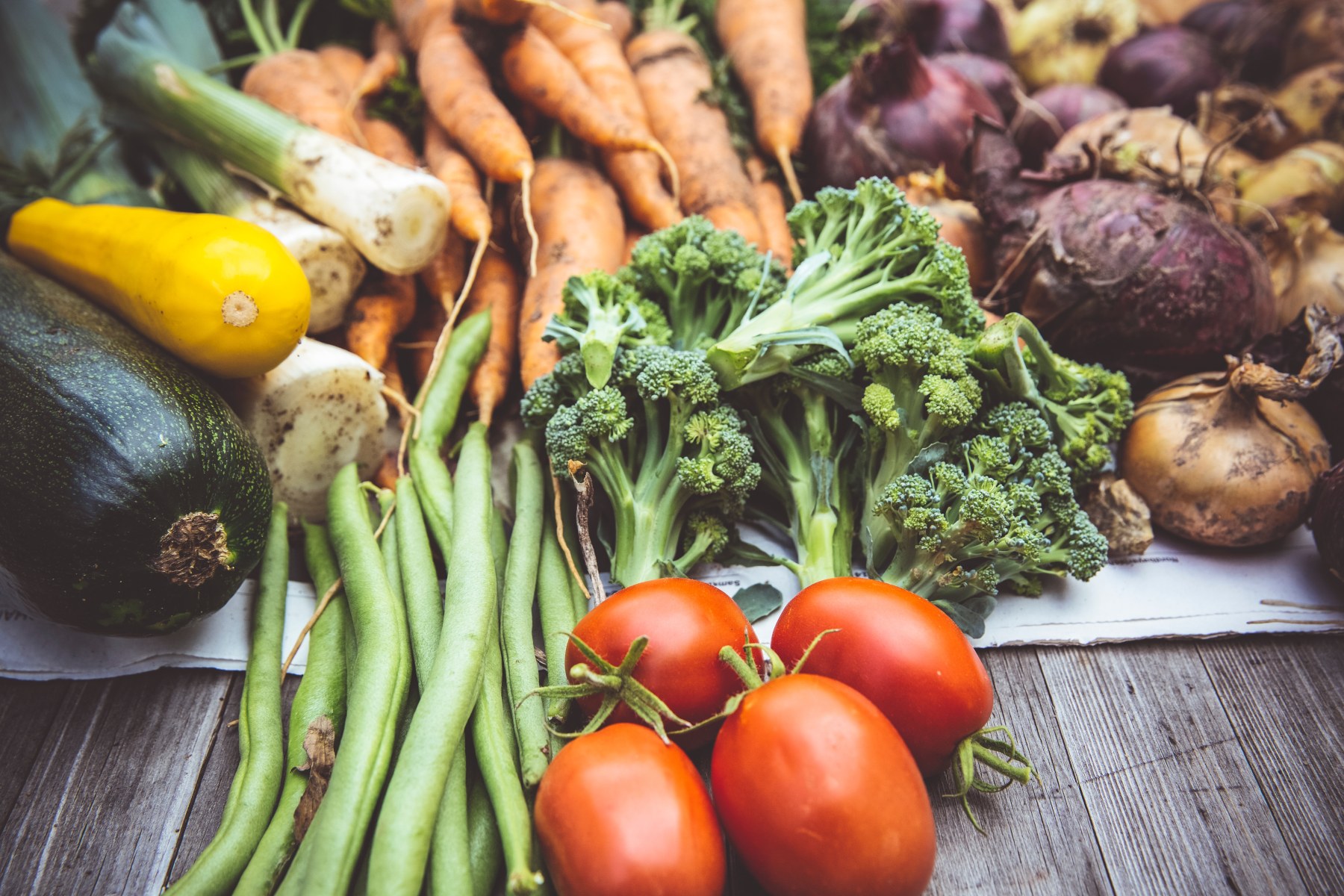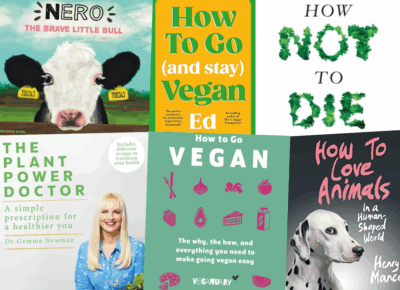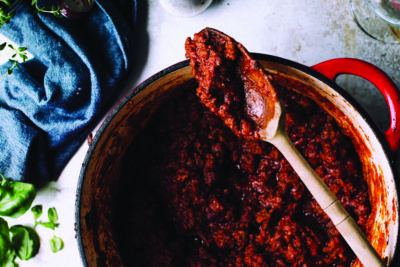Can a plant-based diet support our immune system? We explore this below.

We may not give our immune system much of a thought until we get ill, at which point there is no way we can ignore it.
Your body may try to cough out, sweat out, or sneeze out a virus. Or it may send fluid to an area that has been hurt to nourish and protect it, which can create an eye-catching lump or bump. Or you may simply feel exhausted as your body’s resources are mobilised elsewhere, and all you can do is take to your bed and wait it out.
At these times, it is absolutely clear that a healthy immune system is essential to our wellbeing, but how can we best support it so that in times of need it returns the favour and supports us, too?
What is the Immune System?
The immune system is made up of organs, cells, proteins and hormones, and together they work to protect us from harmful substances, pathogens and cell changes, like cancer.
There are two parts to the system: the part we were born with (innate) and the part we develop (adaptive).
The innate immune system is an all-round fighter of the things that can harm us, while the adaptive system makes antibodies that target any germs it has come across before. It learns from past experience and adapts its mode of attack accordingly.
Barrier Organs of the Immune System
Sometimes a physical barrier is enough to stop germs from getting in, and our skin and mucous membranes do a fine job, aided by enzymes in our saliva and tear fluid that can destroy bacteria.
Stomach acid is also a formidable foe, which can kill off bacteria that may have been in the food we eat. Of course, it is not a miracle worker, and if our food contains a lot of pathogens – as foods like chicken tend to – food poisoning is a common outcome.
Lymph Organs of the Immune System
A surprising number of our organs are involved in fighting off damaging attacks: our bone marrow, thymus, spleen, tonsils, lymph nodes, and blood all play their part.
Together, they make, store and transport immune system cells such as phagocytes – the scavenger cells that filter out germs that enter the blood stream.
What Damages the Immune System?
We feel sure that nothing on this list of known immune suppressants will come as a surprise.
- Alcohol
- Smoking
- Stress
- Poor sleep
- A poor diet
In fact, if we were all able to fix these five things, an enormous amount of disease and suffering could be avoided, from cancer and heart disease to type 2 diabetes and autoimmune diseases.
How to Strengthen the Immune System
Knowing what harms the immune system means we know how we can help it! There is no safe limit of tobacco or alcohol, so avoiding those will go a long way to helping us stay healthy.
Stress and poor sleep are often seen as normal parts of the modern world, but we are not equipped to deal with either when they occur over a prolonged period. We all need to find ways to manage our stress and get better sleep, and often these things go hand-in-hand.
One of the best antidotes is to exercise: it reduces stress, boosts immune function and promotes more restful sleep. A triple whammy! So, find something that you love whether that is dancing, running, boxing, swimming, cycling or anything else that gets you moving, and reap those benefits.
Other ways to reduce stress and boost sleep include yoga, meditation, walking in nature, having screen-free quiet time before bed and taking a warm bath, but we are all different so see what works for you.
And then finally, comes the main event … the fuel we put into our bodies has a powerful impact on our immune system.

Foods that Support a Healthy Immune System
There is a lot of hokum about what we should eat so we went to Harvard Health because we figured if anyone could bring us independent, scientifically valid advice, it’s them. This is what we learned:
There is no one food that boosts our immune systems; we need many different micronutrients
- Ultra-processed foods are a big problem
- We should avoid refined sugar
- We should avoid red meat
- A high-fibre, plant-rich diet with plenty of fruits, vegetables, whole grains, and legumes appears to support the growth and maintenance of beneficial microbes in the gut which is linked with improved immune function
If that sounds like a whole food plant-based diet, then the conclusions of this study confirm it:
“Plant-based diets are considered beneficial for human health due to the supply of many valuable nutrients, including health-promoting compounds. Replacing meat-based foods with plant-based products will provide many valuable compounds, including antioxidants, phenolic compounds, fibers, vitamins, minerals, and some fatty acids. Due to their high nutritional and functional composition, plant-based foods are beneficial in acute and chronic diseases.”

Plant Based Immunity: The Research
There is a growing body of research linking a plant-based diet to better health outcomes related to our immune systems. Here are a few that may be of interest…
- This 2022 analysis concluded: “adopting a plant-based diet has been shown to be able to reduce the risk of various virus causing diseases”
- This 2023 study found that “following a plant-based diet, could be effective in preventing COVID-19 severity”
- This 2024 study found that “a vegan diet had a significant impact on the innate immune system, including upregulation of pathways associated with antiviral immunity”
- This study found that a plant-based diet was associated with a 39% reduced chance of Covid-19 infection
- And this article by the American College of Lifestyle Medicine talks about how plant-based foods mitigate autoimmune diseases
Conclusion
There is much we can do to support our immune systems and reduce the risk of many illnesses and diseases from colds and Covid to cancer. Research backs it but so too does the real-life testimonies from Veganuary participants.
For example, Ali Lewis who took part in 2024 lives with a weakened immune system and told us, “I noticed that switching to a vegan diet greatly improved my resilience to illness and increased my energy levels. In fact, I was well while the rest of the family were not.”
And Brittany Frost from Manchester, from the Veganuary Class of 2020 said of her years as a vegan, “I noticed my immune system has been much better. I hardly get ill.”
If you’d like to see how a plant-based diet impacts your health, take part in Veganuary! Join in for free and we’ll send you daily coaching emails with meal plans, shopping lists, handy tips and recipes to support you all the way.

























